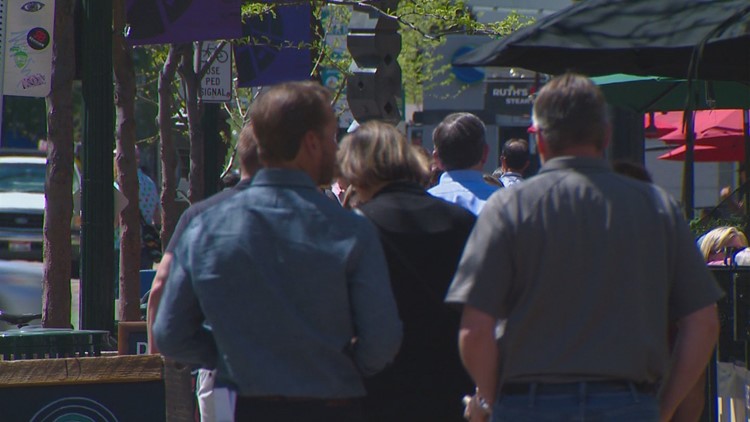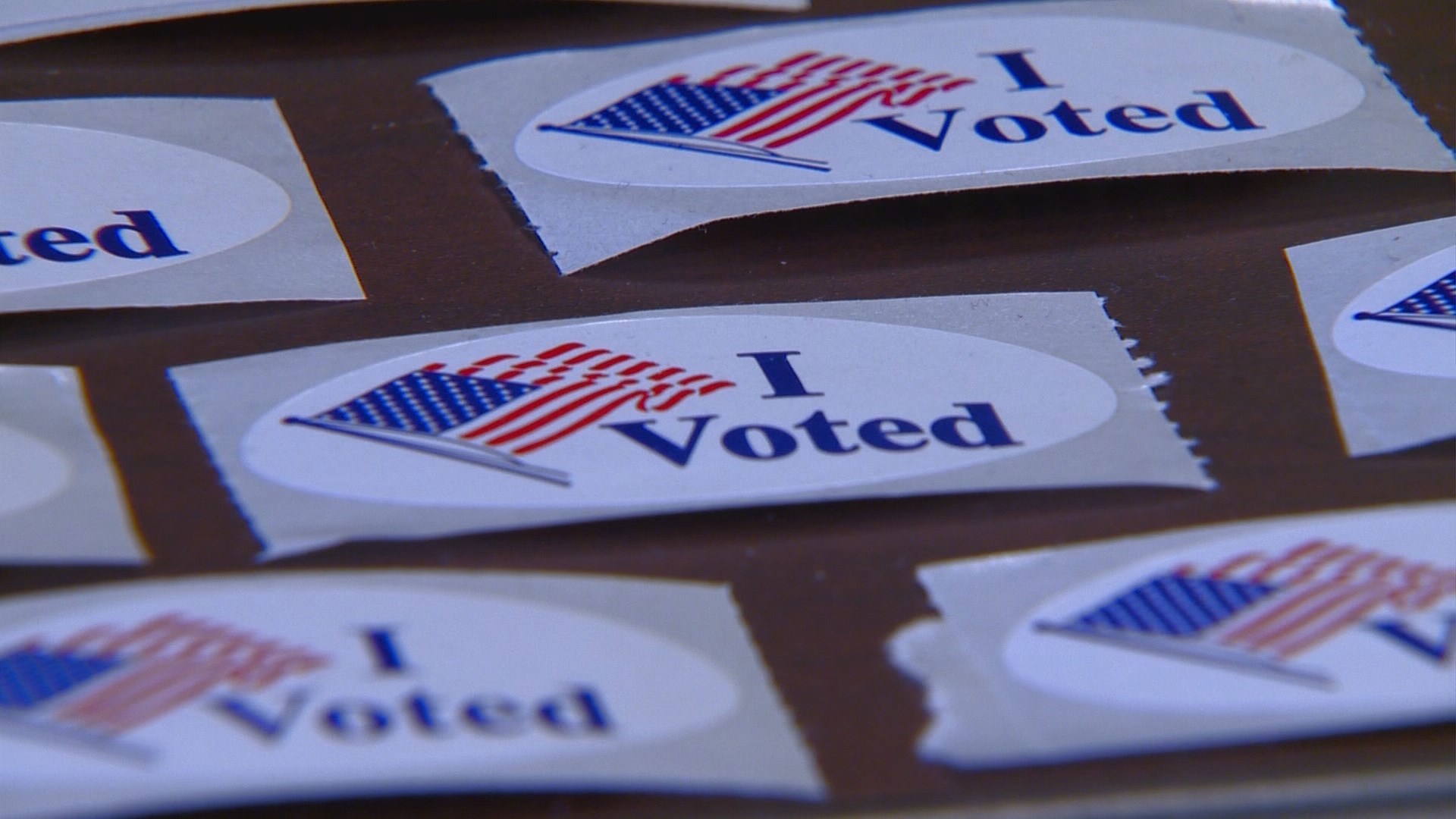BOISE, Idaho — With cuts to federal spending for the U.S. Census, the city of Boise will spend $100,000 of its own funds to make sure as many people within city limits as possible take the federally mandated survey next year, according to a report from the Idaho Press.
Boise City Council gave the green light to dedicate its own funds to pay for advertising, social media campaigns, flyers and paid canvassers to impress the importance of the upcoming count. In decades past, the count was conducted on paper, with residents filling out their responses and mailing them to the government. This year, the count will be done online or over the phone.
For every Idahoan who fills out the survey between April 1 and early June, the state will receive an additional $1,473 of federal funding.
“We need to educate people on the changes to the Census,” Wayne Rysavy, communications manager for Boise’s Planning and Development Services, told council. “There’s going to be some apprehension about taking that, especially for refugee and minority populations and the elderly. We want to inform them there are places they can take it if they want to and to take it at home, but more importantly why it matters.”
Every decade since 1790, the federal government launches a large-scale effort to count every person and their location. This information is used for statistical research and also determines how roughly $675 billion is allocated across the country, ensuring funds are spent where people need it most. This also determines legislative districts and number of representatives per state in the U.S. House of Representatives, as well as the districts for state legislatures.
RELATED: Idaho to help with 2020 Census
Normally, the count is backed by a massive marketing campaign to raise awareness and encourage Americans of all income levels, ethnic backgrounds and citizenship status to participate. The Trump administration has suggested cuts to the budget, leaving cities and states to make up the difference themselves or risk having their populations be undercounted, therefore risking funding for services. The total budget for the Census effort this fiscal year is still being worked out in Congress; in April President Donald Trump requested roughly $2 billion less for the effort than Wilbur Ross,U.S. Department of Commerce secretary, estimated was needed.
Boise city staff presented council with three options for funding the census effort, with plans that would cost $25,000, $50,000 or $100,000. Council unanimously decided to go with staff’s recommendation of spending the largest amount to reach the most people. Rysavy said if the city would break even on the amount of federal funding it receives if only an additional 68 people fill out the Census, making the cost worth the investment.
Council members were supportive of the effort, which layer on top of “complete count” efforts currently underway by the State of Idaho and the Treasure Valley’s regional planning agency, Compass. These efforts include marketing and forming committees of community leaders to spread the word to as many people as possible, especially minorities and those in far-flung rural areas who will not be receiving a Census card at their home because they use a P.O. box.
BOISE’S PLAN
Boise’s tentative marketing plan, which could change over time, includes $9,000 for roadside billboards, $13,000 for print materials like posters and bookmarks at public libraries, $20,000 for newspaper and radio ads and $5,000 for boosted social media posts. The rest of the funds will go toward hiring individuals to hand out information and conduct outreach at events, such as Treefort Music Festival, the city’s planned Census Day Event on April 1, and at locations such as libraries, places of worship, and Boise State University.
Several Boise City Council members, including Lisa Sanchez, Elaine Clegg and Holli Woodings, asked questions about how the city would be working to reach people in minority communities.
Rysavy said the city’s “complete count” committee would have representatives from minority communities, ads would play on radio stations for English and Spanish speakers, and all of the city’s translators would be available to present materials. Sanchez, the only Latina member of council, offered her services to help the city reach as many people in the Hispanic community as possible.
CITIZENSHIP QUESTION
One question that has loomed large over the upcoming census was a pitch by the Trump administration to include a citizenship question on the survey. Advocates feared the inclusion of the question would cause undocumented residents and their families to be even more hesitant to fill out the survey, despite promises of confidentiality. This question was ultimately struck down by the courts.
Mayor Dave Bieter said despite the citizenship question’s elimination, he was still concerned that undocumented Boiseans would be undercounted due to fear of deportation by the Trump administration’s immigration enforcement actions.
“It’s really hard for me to understand why I would ever do (the Census) if I were undocumented,” Bieter said. It’s so tough a time, no matter how many assurances you give me, I don’t know why I would do that. I know the strategies we’ve talked about, but that’s a real concern for me.”
Sanchez said that is why the city should work to cultivate relationships with people, to be unofficial ambassadors to reach out to those parts of the community and explain the importance of being accurately counted.
“That’s why it’s so important to find those informal community leaders that have established those informal relationships,” she said.
More from our partner Idaho Press: VanderSloot pitches medical debt bill to legislators
Watch more 'Growing Idaho':
See them all in our YouTube playlist:



